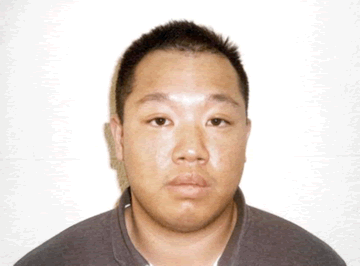How not to close a credit line.
PARKER, CO–Most residential resales go smoothly, but some seem to follow one bad turn after another.
This newer home near Denver was owned by Paul and Robin.
When the couple agreed to divorce, they applied for a home equity line of credit to finance the break-up. Approved for a line of $100,000 by TCF National Bank, Paul and Robin gave TCF a deed of trust even as they contracted to sell the property to Jennifer.
Robin moved out and gave Paul a power of attorney to handle details of the sale. The power of attorney was on a standard form, appointing Paul to act for Robin “to sell and convey” the property “for such price as to (him) may seem advisable.”
When it came time to close, the title agent got a payoff demand from TCF. The demand, also on a standard form, called for a payoff of $80,462 within one week, by check to be mailed to TCF’s Consumer Payoffs department in St. Paul, Minnesota. The demand specified, “(a) signed authorization from the customer requesting the account to be closed is also required. The section below can be used to accomplish this. Please return original signatures with the payoff funds.”
Paul signed the form, on the signature lines provided, for himself and Robin. Underneath the line for Robin’s signature he wrote “/s/ Power of Attorney.”
The sale closed, and the title agent wired $80,462 to TCF. Both Jennifer and her purchase money lender got title insurance.
One year later, Robin was dunned by TCF for overdue payments under the old credit line. Her lawyer contacted TCF and was told, “(a) wire transfer of $80,462 was received…and applied as a payment on the account. However, because TCF did not receive a signed authorization from the borrowers requesting that the account be closed, the account has not been closed.”
Wha??
After the sale to Jennifer, Paul continued to get monthly statements from TCF showing a zero balance and “available credit” of $100,000. It was too tempting. Paul made new draws until he maxed out the credit line, then he stopped making payments.
Robin too failed to pay, and TCF began foreclosure proceedings.
While all of this was unfolding, Jennifer fell behind in her mortgage payments, and her lender commenced foreclosure.
Unbeknownst of each other, the two lenders held foreclosure sales and each “took back” the property.
The title insurance company for Jennifer’s lender entered the picture, and paid $160,543 to redeem the property from TCF’s foreclosure. So now the title was clear, and Jennifer’s lender could deal with the property.
Having taken care of its insured, the title insurer then sued TCF to recover its money.
At the center of this dispute was the escrow officer employed by the title agent, who had handled the payoff. Answering TCF’s claim that it did not receive authorization to close the loan account, the escrow officer produced copies of the authorization and the power of attorney. She vowed she ‘must have’ mailed the forms to TCF, as ‘normal practice.’ But TCF denied receiving the forms and, even if they did, said they would not rely on Paul’s signature for Robin because the power of attorney did not expressly authorize him to close the loan account.
TCF won the argument, and the title insure took the loss. Paul doesn’t answer, and Robin is forgiven.
Moral: Our story ends with a mystery–who dropped the ball?
It seems likely that escrow mailed the authorization to TCF, but whoever received it there may not have matched it with the payoff received by wire. Or, just as likely, the recipient may have found the power of attorney as unreliable, but didn’t contact escrow to say so.
Modern real estate transactions frequently close, and go to record, with loose ends and unfinished business. Take, for example, the closing with a release of lien or mortgage “to come”–as happened here.
In real estate, loose ends represent risk.








